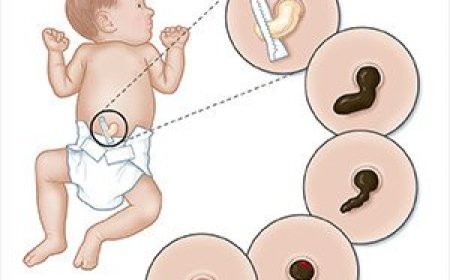Fainting

Introduction:
Sometimes, our bodies can surprise us with strange reactions, like suddenly feeling weak and falling down. This is called "fainting." In India, just like anywhere else, fainting can happen to anyone. In this article, we'll explore what fainting is, its signs, types, reasons, and how doctors figure out what's happening.
Signs and Symptoms:
Imagine feeling dizzy, like the world is spinning around you. Your vision might blur, and your legs could get wobbly. Suddenly, you might find yourself on the ground. That's what fainting feels like. It's like a quick nap that your body takes when something isn't quite right.
What Is Fainting?
Fainting, also known as "syncope" (sounds like "sin-koh-pee"), is when your brain doesn't get enough blood and oxygen for a moment. When this happens, you might lose consciousness (like falling asleep), and you might even fall down.
Classifying Fainting:
Fainting can be classified into different types based on the reasons why it happens. Here are two main types:
1. Vasovagal Syncope: This is like your body's reaction to certain triggers, like pain, fear, or seeing something gross. Remember that time when you got a shot and felt dizzy? That's a bit like vasovagal syncope.
2. Cardiac Syncope: Sometimes, fainting can be because of the heart not pumping blood properly. But don't worry, this is rare in kids.
Causes and Triggers:
In India, it's common for people to faint in crowded places, during hot weather, or if they stand up too quickly after sitting for a while. Your body is like a machine, and sometimes it needs a break to cool down or adjust itself.
Risk Factors with Examples:
Some people might faint more often because they have certain health conditions. For example, if you don't drink enough water on a hot day, you might be more likely to faint. Even skipping meals can sometimes lead to fainting, especially if you're really hungry.
Types of Fainting:
1. Situational Syncope: This happens in response to something specific, like seeing blood or feeling pain.
2. Neurocardiogenic Syncope: This happens because of a mix-up in your brain and heart signals.
Diagnostic Tests and Treatments:
Doctors can do some tests to find out why someone keeps fainting:
1. Blood Pressure Test: This checks how strong your heart is pumping blood.
2. Electrocardiogram (ECG): This test looks at your heart's electrical signals.
3. Tilt Table Test: You lie on a table that tilts while doctors monitor your heart rate and blood pressure.
Complications and Prevention:
Fainting usually isn't serious, but it can be dangerous if it happens in certain situations, like while swimming or driving. To prevent fainting, drink water, eat well, and don't stand up too quickly. If you feel dizzy, it's okay to sit or lie down.
Fainting might seem scary, but it's like a little reminder that our bodies need care and attention. If you or someone you know keeps fainting, it's best to talk to a grown-up or a doctor. Remember, your body is amazing, and understanding why it does certain things can help you stay safe and happy.
What's Your Reaction?
 Like
0
Like
0
 Dislike
0
Dislike
0
 Love
0
Love
0
 Funny
0
Funny
0
 Angry
0
Angry
0
 Sad
0
Sad
0
 Wow
0
Wow
0








































































